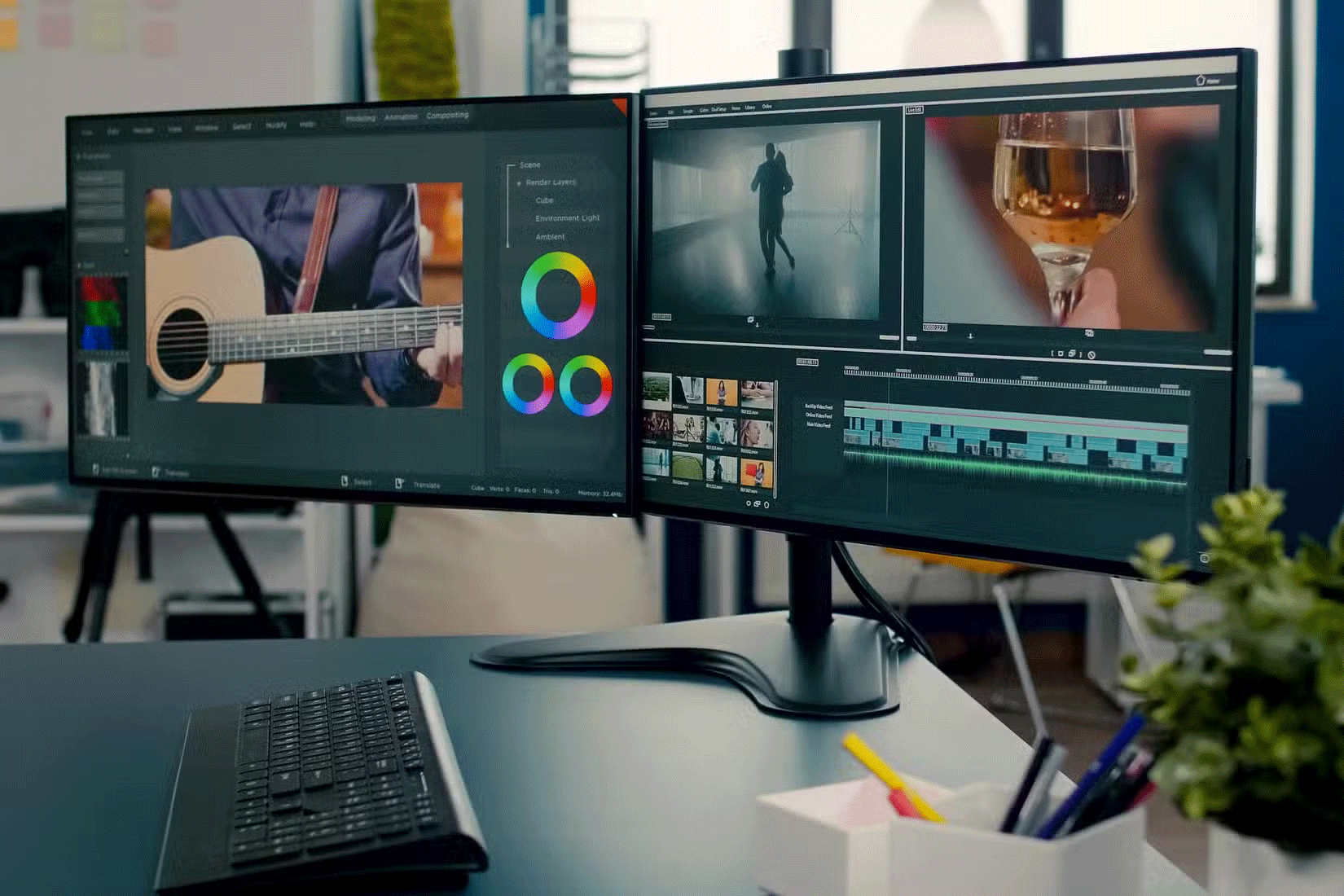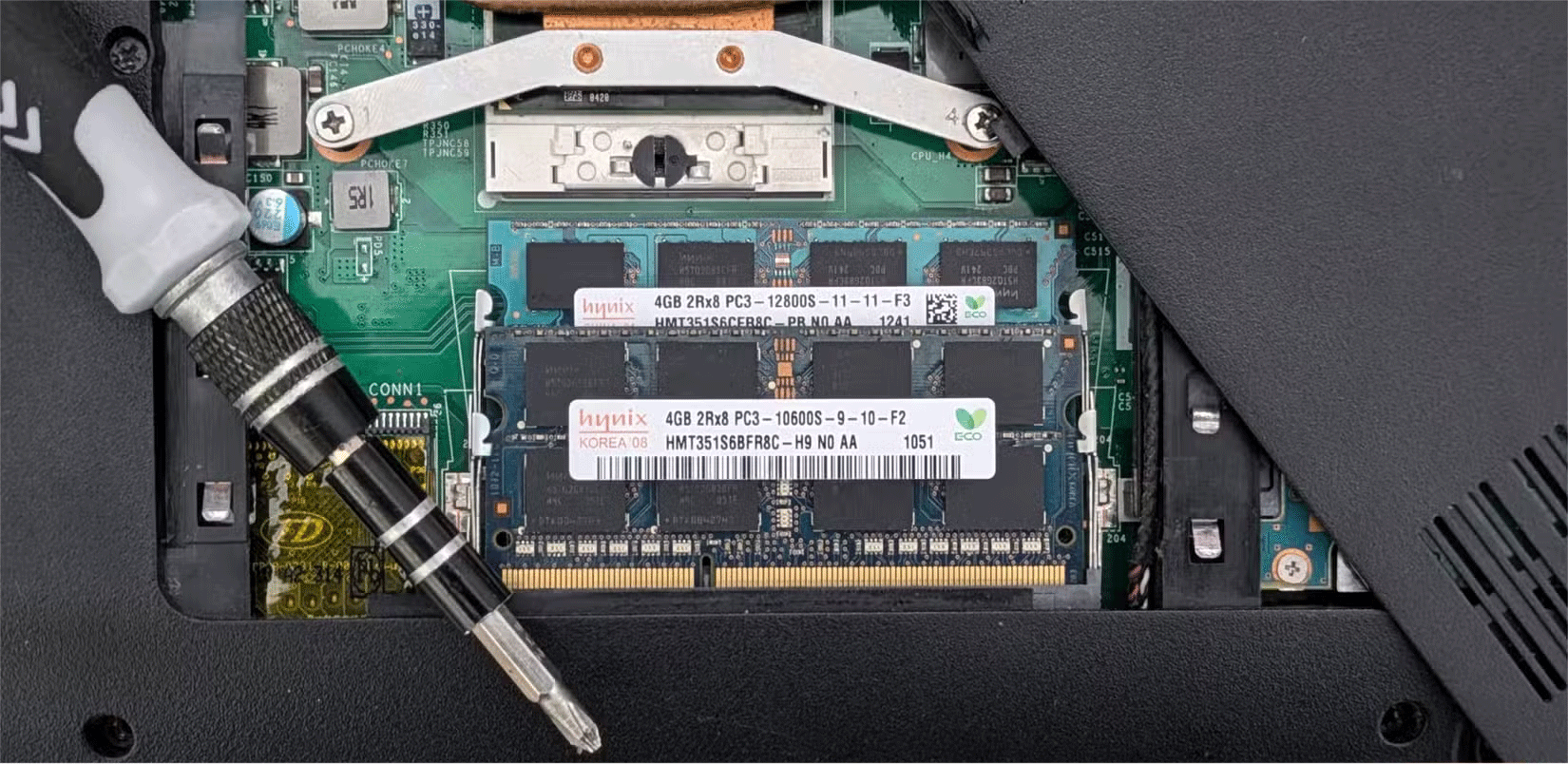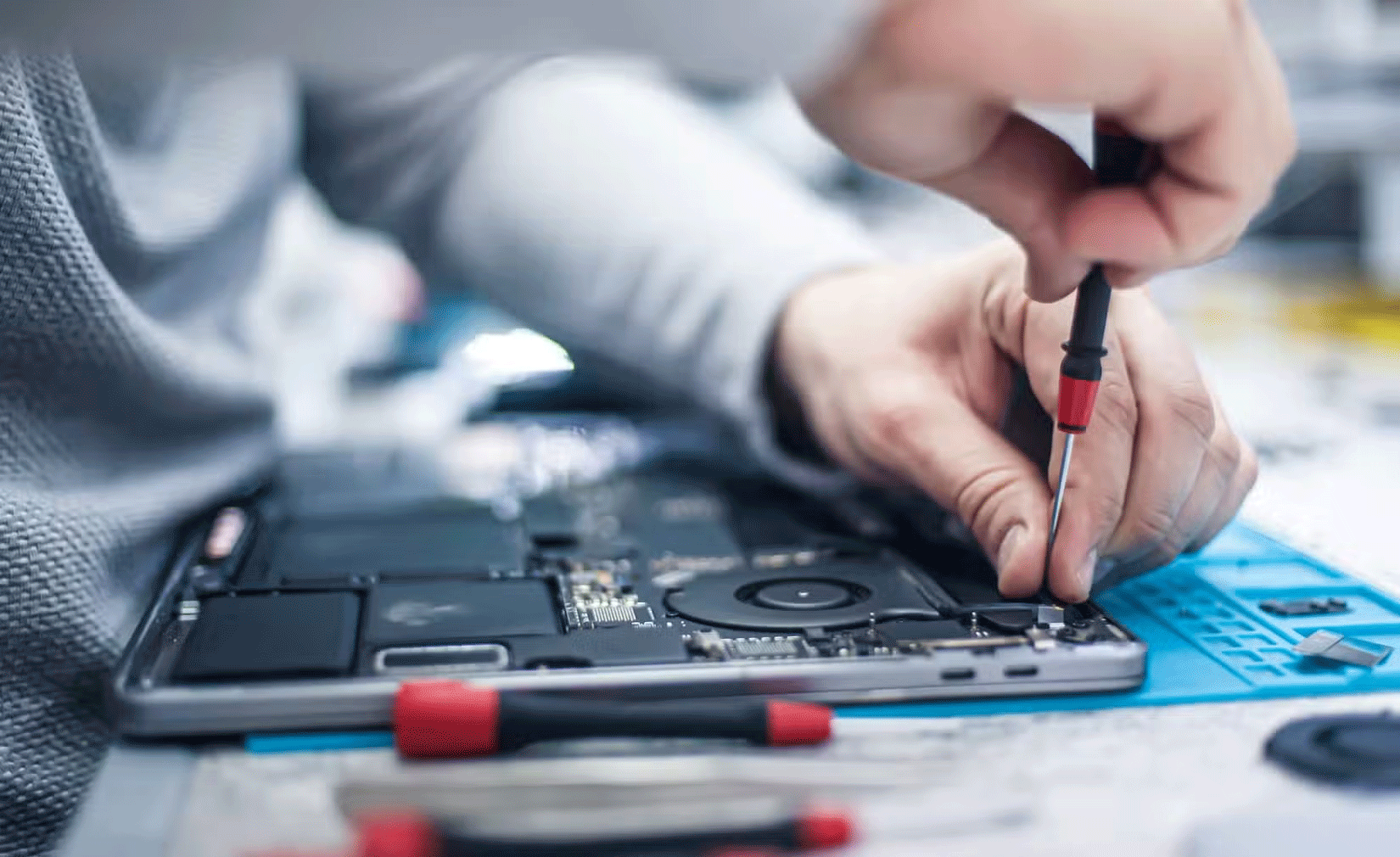Does Desktop or Laptop Really Save You Money Over Time?
When deciding between a desktop and a laptop, people often focus on initial cost and portability. However, the real savings come down to how each device performs, how durable it is, and how it adapts over time.
Factors that help you save money in the long run
There are five factors that make a computer cost-effective: longevity, performance, upgradeability, repairability, and maintainability.
Durability
Desktops are built to last longer. Their stationary design means they are less subject to the physical stresses of movement, a common cause of laptop failure. Furthermore, desktops have larger, more efficient cooling systems. Heat is one of the main causes of hardware failure, and desktops handle heat much better than laptops, which rely on passive fans or compact heat sinks.
Laptops tend to have a shorter lifespan, often lasting up to five years (without upgrading) before they become too slow to use. While there are some ways you can extend the life of your laptop, desktops tend to last longer due to their more efficient cooling and fixed location.
Efficiency

Desktops offer better performance for their price. They contain powerful processors, high-performance graphics cards, and expanded RAM configurations that laptops often can't match without significantly increasing their price. Even though laptops can include high-performance components, they tend to perform worse than desktops due to thermal throttling, a limitation caused by compact cooling systems.
For demanding users like gamers, video editors, or programmers, desktops can handle demanding tasks much more efficiently. Laptops designed for similar levels of performance often cost significantly more and may not meet real-world expectations due to overheating or battery limitations.
Convenience and mobility

Laptops excel at portability, making them a top choice for users who need computing power on the go. Their compact, lightweight design lets you work, study or play anywhere - whether it's a coffee shop, an airport lounge or the comfort of your couch.
Additionally, laptops offer built-in accessibility with features like a built-in webcam, microphone, and trackpad, eliminating the need for additional peripherals. This all-in-one convenience makes laptops perfect for professionals, students, and anyone who values versatility in their computing experience.
Upgradability

One of the biggest advantages of desktops is their modularity. You can upgrade individual components, such as the CPU, GPU, or storage, as technology evolves or your needs change. This adaptability ensures that your system will remain relevant for years to come without needing to be completely replaced.
Laptops, on the other hand, have limited upgrade options. Most modern laptops have soldered components, meaning you can't replace or upgrade the CPU or GPU. At best, you can upgrade your laptop's RAM or swap out its storage, but these upgrades are often not enough to keep up with evolving software needs.
For example, a 5-year-old desktop might be refurbished with a new graphics card and SSD, while a laptop of the same age might need to be completely replaced.
Repair and maintenance capabilities

Desktops are easier and cheaper to repair. Their modular design means that individual components can be replaced without much hassle. If the power supply (PSU) fails, you can simply replace it without affecting other parts of the system. If the monitor fails, you can simply replace the monitor, not the entire machine.
Laptops can be more complicated and expensive to repair. The integrated design often means that a failure in one component requires the replacement of multiple components or even the entire device. Furthermore, laptop repair costs are often higher due to proprietary parts and the labor required to disassemble compact designs.
Desktop saves you money over time
Considering the above factors, it is clear that desktops are the more economical choice for long-term use. Their durability, stable performance, upgradeability, ease of repair, and reusability make them a great investment.
Of course, this doesn't mean you should never buy a laptop. There are many cases where the convenience and portability of a laptop are enough reasons to buy one. However, if you're looking at saving money over time, a desktop will always be the better choice.
 The latest Giftcode for Queen Gia Lam and how to redeem the code for rewards
The latest Giftcode for Queen Gia Lam and how to redeem the code for rewards How to use Controlled Folder Access to protect Windows data
How to use Controlled Folder Access to protect Windows data Apple will introduce a major change on the M5 CPU launched in 2025
Apple will introduce a major change on the M5 CPU launched in 2025 4 outstanding features that make you should upgrade to Raspberry Pi 500
4 outstanding features that make you should upgrade to Raspberry Pi 500 How to enable Windows Protected Print on Windows 11
How to enable Windows Protected Print on Windows 11 Are you ready for a productive 2025?
Are you ready for a productive 2025?